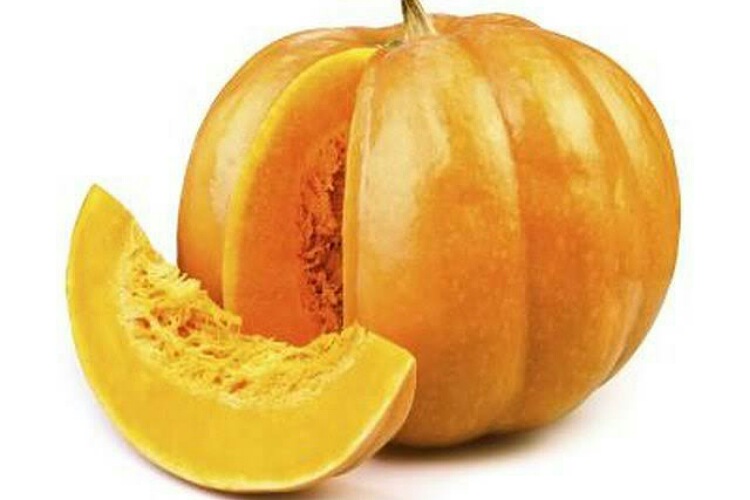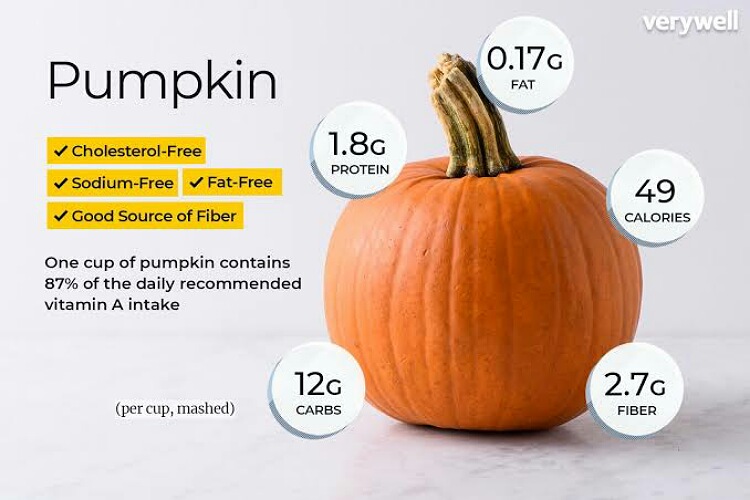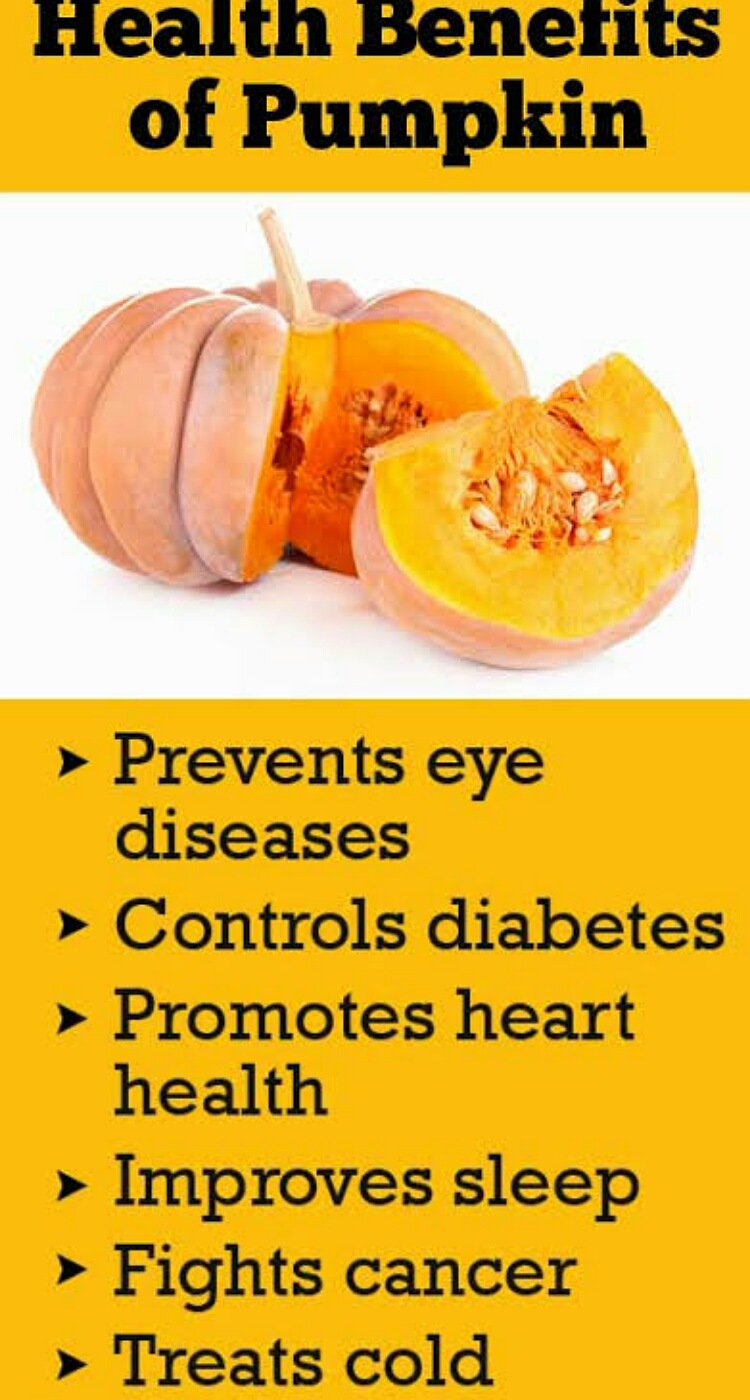Pumpkin is scientifically a fruit though it is eaten like a vegetable cooked. It is part of delicious recipes worldwide. What are its nutritive facts? What benefits it offers to the eater?
Pumpkin
Pumpkin is grown worldwide. It is a type of winter squash that is a member of the Cucurbitaceae family. In the USA, it is particularly popular during Thanksgiving and Halloween.

Though cooked like a vegetable, it is actually a fruit with seeds inside. This fruit cum vegetable has a yellow or orange exterior with yellowish or cream-colored flesh inside. This flesh is soft and cooks easily. The vegetable is delicious and has a lot of nutrients packed into it. It provides the body with health benefits. How does it fare nutrition wise? What are the benefits of eating it?
Nutritional facts
Cooked pumpkin 1 cup or 245 grams has 49 calories and 0.2 grams fats. Cholesterol is zero. Proteins are 2 grams while carbs are 12 grams. This cup also contains 3 grams of dietary fiber.
This fruit/vegetable is loaded with vitamin A. One cup provides 245% of the daily requirements of vitamin A for an average adult. Moreover, it has vitamin C, vitamin B2 and vitamin E. And, it has good amounts of the vital minerals such as iron, potassium, manganese, copper, and trace amounts of zinc, phosphorus, magnesium and folate. 94% of it is water.

Pumpkin seeds are also edible and nutritious. The fruit is packed with antioxidants such as alpha-carotene, beta-carotene and also beta-cryptoxanthin. These neutralize the harmful free radicals that oxidative stress produces in the body. Therefore, chronic diseases and cancer risk becomes low. These also slows aging and protects the skin.
Health benefits
Pumpkin has a lot of vitamin A in beta-carotene form. It is also rich in vitamin C. Studies have revealed that both of these vitamins strengthen the immune system. Vitamin C can increase production of white blood cells and improves their function. Moreover, the said vitamin promotes wound healing. Vitamin E, folate and iron also contribute to boost immunity.

The vitamin A, lutein and zeaxanthin in pumpkin improves eyesight. Some studies also showed that vitamin A lowers risk of cataract and retinal degeneration of the eyes. The low calories and high nutrient density of pumpkins promote weight loss. The high fiber content in it reduces appetite and keeps one full for a longer time.
Cancer risk decreases due to its antioxidants. Several studies showed that stomach cancer chances are less with higher intake of beta carotene such as those found in pumpkins. Human studies showed a link of higher carotenoids intake and lower risk of throat, pancreas and breast cancer.
Also, read High blood cholesterol: how to reduce it in young people?
High potassium levels means reduced blood pressure rise and hence heart protection. Blood bad cholesterol is less and stroke chances are lesser. The nutrients in this fruit promote skin health and gives it a glow. It is a versatile fruit that can be cooked in various ways.
